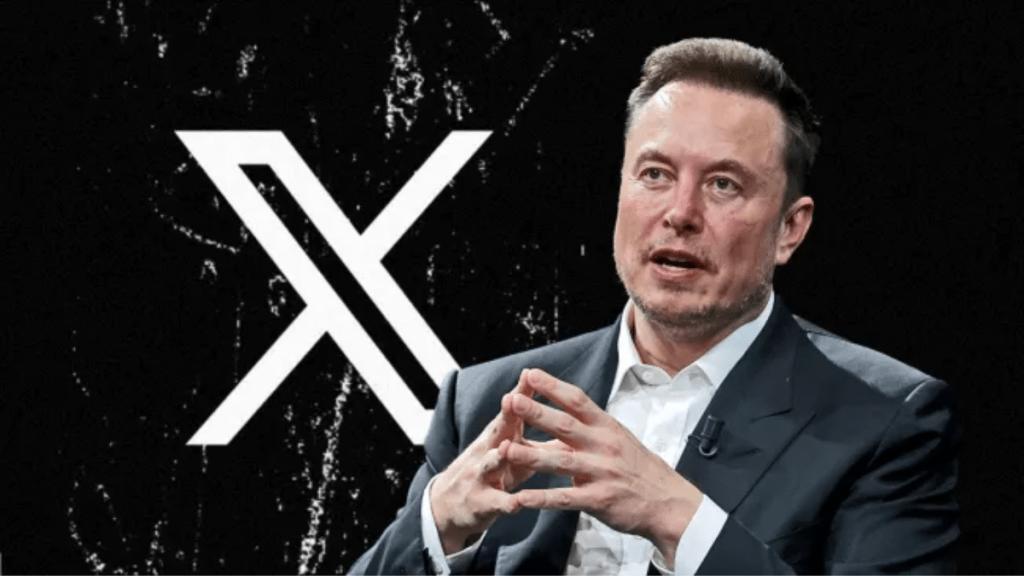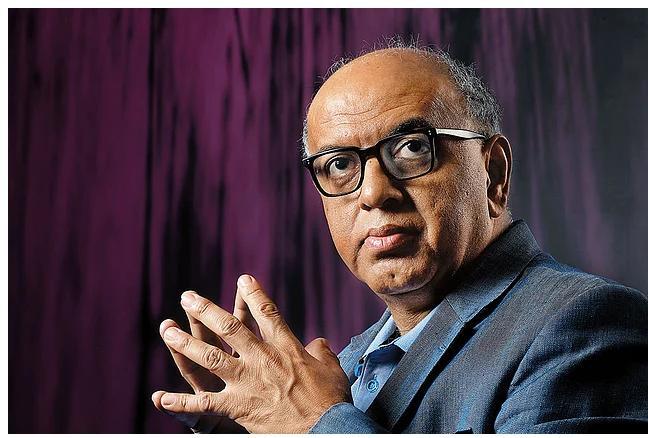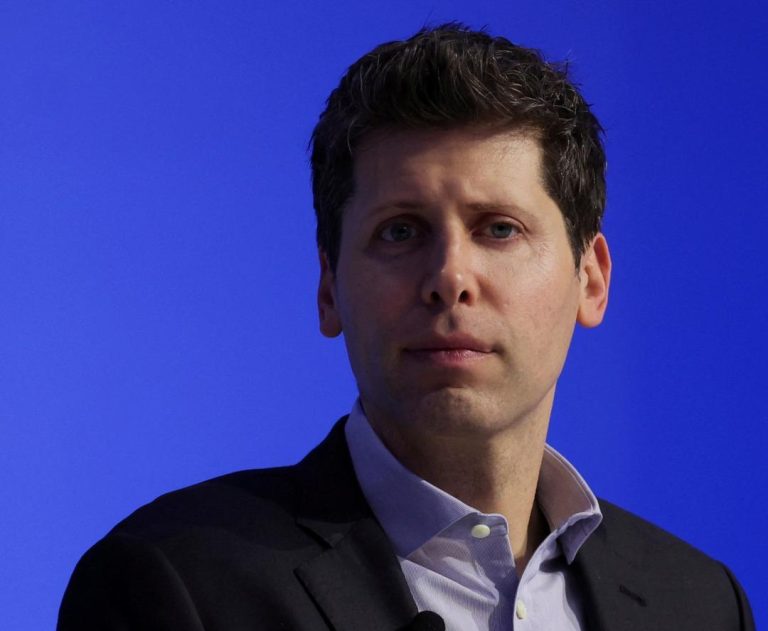
Elon Musk’s X Sues Indian Government: A Battle Against Unlawful Content Regulation and Arbitary Censorship
In a surprising turn of events, Elon Musk’s ‘X’, a platform that allows users to share their thoughts and opinions, has filed a lawsuit against the Indian government, challenging what it calls unlawful content regulation and arbitrary censorship. The lawsuit, which has sent shockwaves across the country, is a testament to the growing concerns about online freedom and the need for checks and balances in the way governments regulate online content.
According to reports, ‘X’ has argued that instead of following the legal procedures outlined in Section 69A of the Information Technology Act, the government is misusing Section 79(3)(b) of the same act. Section 69A allows the government to block websites or online content that it deems harmful or illegal, while Section 79(3)(b) mandates platforms to remove illegal content when directed by either the government or its agency.
‘X’ claims that the government is misusing this provision to censor content that it deems unfavorable or critical of the government. The platform has accused the government of failing to provide a clear and transparent procedure for content removal, and of not providing adequate notice to users whose content has been removed.
In its lawsuit, ‘X’ has sought an injunction against the government, asking the court to restrain it from misusing Section 79(3)(b) and to direct it to follow the legal procedures outlined in Section 69A. The platform has also sought damages for the harm caused to its reputation and for the loss of business it has suffered due to the arbitrary censorship.
The lawsuit has been filed in the Delhi high court, and ‘X’ has asked the court to expedite the hearing and pass a judgment in its favor. The government has so far not commented on the lawsuit, but experts believe that the move is a significant challenge to the government’s content regulation policies.
The case has sparked a heated debate about online freedom and censorship, with many experts arguing that the government’s actions are a threat to the fundamental right to free speech. “The government’s actions are a clear violation of the right to free speech, and ‘X’ is right to challenge them,” said Anand Grover, a human rights lawyer. “The government cannot simply remove content without following the legal procedures outlined in the law.”
Others have argued that the government has a legitimate role to play in regulating online content, and that ‘X’ is being reckless and irresponsible by challenging the government’s actions. “The government has a responsibility to protect its citizens from harmful content, and ‘X’ is just trying to evade its responsibilities,” said Rakesh Kumar, a senior government official.
The lawsuit has also sparked a debate about the role of technology companies in regulating online content. ‘X’ has argued that it is not responsible for policing the content on its platform, and that the government should not be allowed to dictate what content can and cannot be shared. Other technology companies, including social media giants like Facebook and Twitter, have also been criticized for their role in regulating online content.
In conclusion, Elon Musk’s ‘X’ lawsuit against the Indian government is a significant challenge to the government’s content regulation policies, and has sparked a heated debate about online freedom and censorship. The case is a reminder of the importance of balancing individual rights with the need to protect society, and highlights the need for a nuanced and thoughtful approach to regulating online content.
As the case continues to unfold, it will be interesting to see how the court rules on ‘X’s challenge to the government’s actions. Will the government be able to justify its actions, or will ‘X’ be successful in its bid to strike down the government’s content regulation policies? Only time will tell.
References:






